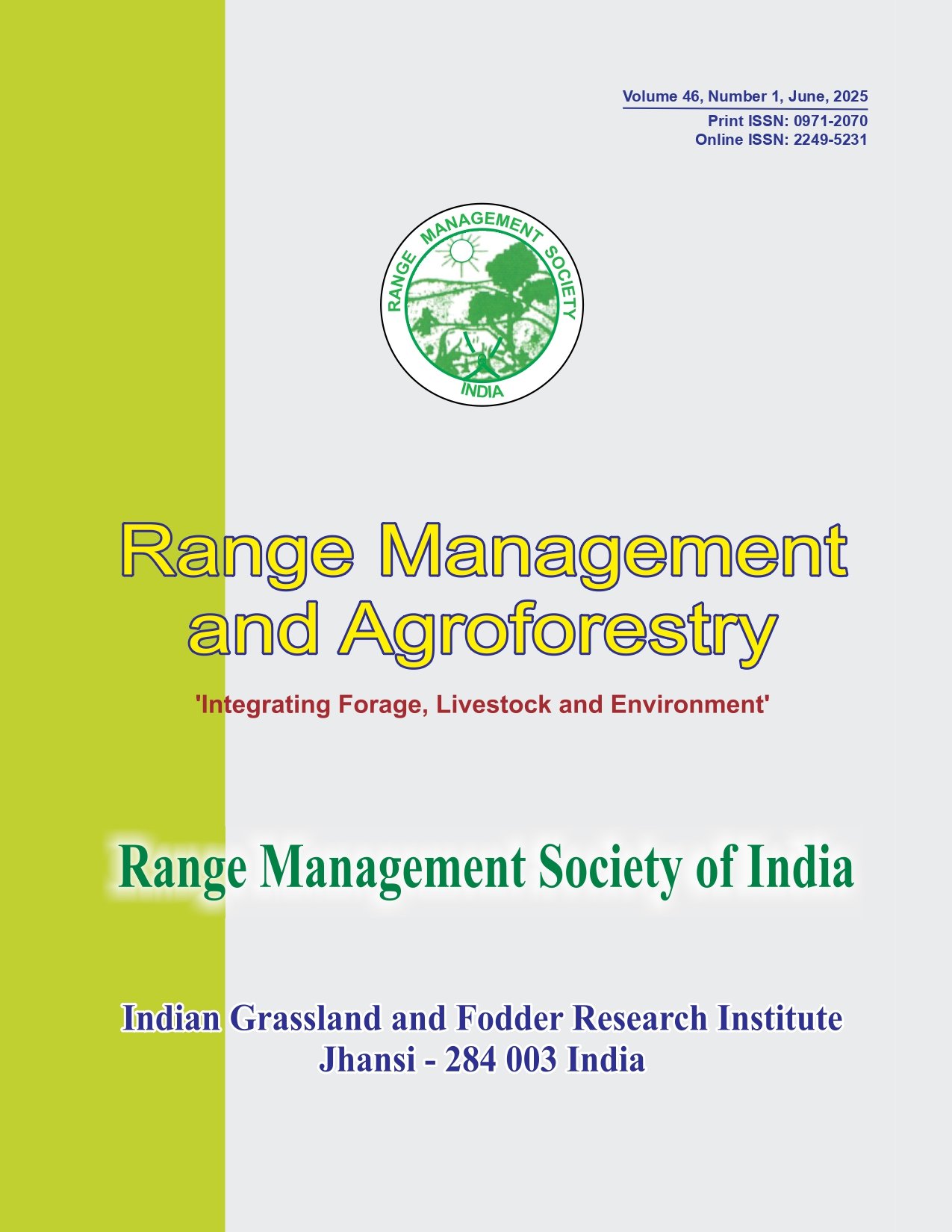Peer Review Policy
Range Management and Agroforestry employs a rigorous peer review process to ensure the scientific quality, originality, and relevance of all manuscripts submitted. The peer review process is designed to be fair, transparent, and timely.
The journal uses a double-blind peer review system, where both the reviewers and authors remain anonymous to each other throughout the review process. This helps minimize bias and ensures an impartial evaluation of the manuscript.
Reviewers are selected based on their expertise, academic qualifications, and experience in the subject matter. The Editorial Board maintains a diverse database of reviewers from various regions and institutions. Occasionally, authors may be asked to suggest potential reviewers, although final selection rests with the editors.
Manuscripts are evaluated based on the following criteria:
- Originality and novelty of the research
- Relevance to the journal's scope
- Methodological rigor
- Quality of data and analysis
- Clarity and coherence of presentation
- Appropriateness of conclusions
- Contribution to existing knowledge
Review Process
- Initial Screening: The Editor-in-Chief or Associate Editor screens all submissions for relevance, plagiarism, and adherence to submission guidelines.
- Reviewer Assignment: Suitable reviewers (usually two) are invited to evaluate the manuscript.
- Review Duration: Reviewers are given 3-4 weeks to complete their evaluation. Extensions may be granted upon request.
- Editorial Decision: Based on reviewer comments, the editor makes one of the following decisions:
- Accept
- Minor revisions
- Major revisions
- Reject
- Revision and Resubmission: Authors are required to address all reviewer comments and submit a revised manuscript along with a response letter.
- Second Review: In the case of major revisions, the manuscript may be sent back to the original reviewers for re-evaluation.
Confidentiality
All manuscripts under review are treated as confidential documents. Reviewers must not share, discuss, or use the content for any purpose other than the review itself.
Ethical Responsibilities of Reviewers
Reviewers are expected to:
- Provide objective, constructive, and timely feedback
- Disclose any potential conflicts of interest
- Report any suspected ethical misconduct (e.g., plagiarism, duplicate submission)
Recognition and Acknowledgment
The journal values the time and expertise of reviewers. Contributions may be acknowledged annually through listing their name in the journal.



